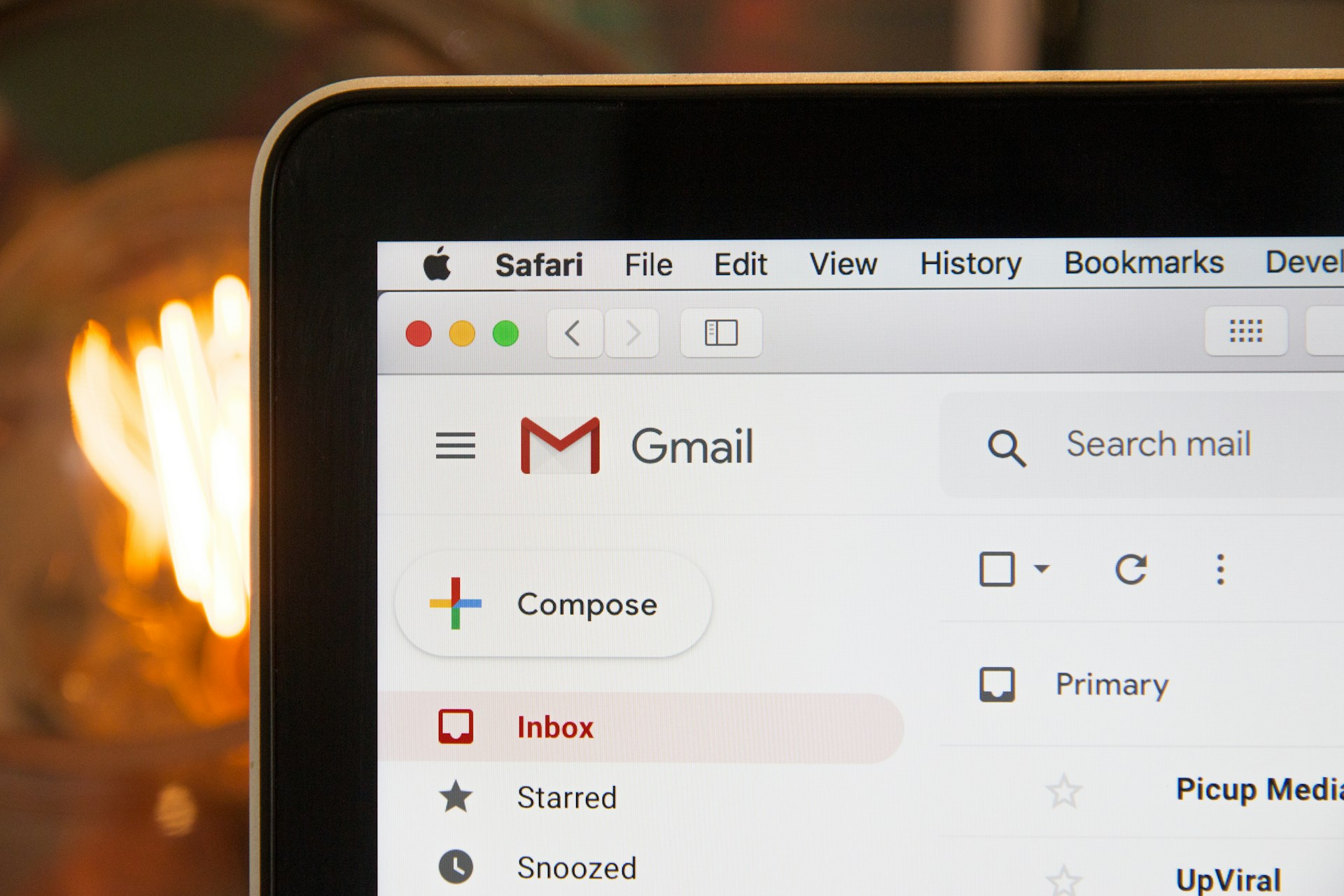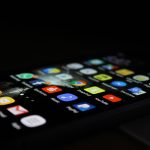The Do’s and Don’ts of Emailing Professors and Professionals

Writing proper emails is a crucial skill for college students, especially when it comes to contacting professors or professionals in various industries. A well-written email can open up opportunities for networking internships and even mentorships. However, many students struggle to write professional and impactful emails following email etiquette. We created a list of the major do’s and don’ts of emailing professors and professionals to help you navigate this area. Let’s get started.
Why Email Etiquette Is Important
Emails are often the first point of contact with a professor or professional. You can write an email to ask about additional materials for the lecture or to learn something about a job opening and usually it’s the first thing that makes an impression about you. The way you write and organize your email can portray you in a positive or negative light. A well written email conveys professionalism, respect and attention to detail but a poorly written one may harm your reputation or even go unanswered.
Do‘s for Writing Effective Emails
Start with a clear and professional subject line
The subject line is the first thing that the recipient sees. Keep the subject line concise and relevant to the purpose of your email. Avoid using generic terms such as Hi or A Question. Instead, make it specific to draw attention and give a basic understanding.
For example:
Follow up: internship application inquiry
Request for guidance on research paper
A clear subject line increases the chances of your email being noticed and opened as well as addressed promptly. Keep in mind that your professor or an industry professional who you’re writing to might get multiple emails per day. Your letter should provide at least some details before it is opened.
Use a professional greeting
Always start your emails with a proper hello. Address the recipient with the proper title such as Dr Johnson or Professor Green. If you are unsure of their title, make an effort to verify it.
Introduce yourself
When emailing someone for the first time it’s crucial to provide a quick introduction. Include your name role and the purpose for your email. It is necessary for a person to understand who you are and how they can help.
For example:
My name is Sarah Johnson and I am a third-year marketing student at ABC College. I recently attended your guest lecture on digital advertising and was inspired by your ideas.
Be direct and respect their time
Get directly to the point. Clearly state the objective of your email and any specific questions and requests you may have. It’s not polite to send long worthy emails that are hard to follow. It’s important to be concise and clear.
For example:
I would want to inquire about research opportunities in your lab for the upcoming semester. I am particularly interested in the opportunity to participate in your work on climate change.
Proofread for grammar and spelling
Always check your emails for typos and error errors. It’s never hurt to double check with the help of tools like Grammarly or similar ones.
Close on a polite note
Finish your email with a professional closing. It’s important to think about their time and kindly ask for a follow-up.
For example:
Thank you for your time and consideration.
I look forward to hearing from you.
Kind regards, Sarah Thompson.
Student ID: 123456, ABC University
Follow up when necessary
If you do not hear back after a week or so, it is acceptable to send a polite follow-up. Keep it brief and refer to your previous email.
For example:
Dear Dr Green, I hope you are doing well. I’d like to follow up on my prior message regarding summer internship options. Please let me know if you need any other information from me.
Don’ts to Avoid When emailing
Don’t be too casual
Keep the tone formal. Avoid using slang overly casual language and emojis. Even if you have met in person before, it’s important to stick to formal email etiquette.
Incorrect: hello professor. What’s up? Do you have any internships?
Correct: dear Professor Green, I’m writing to enquire about internship opportunities in your department.
Do not keep basic research
If you have a question that can be answered by looking at a syllabus website or profile it would be rude to ask it in an email. Respect your recipient time and their work.
Incorrect: what time is the class on Monday?
Correct: I checked the syllabus and Monday class is stated at 9 am. Could you confirm if that’s still accurate?
Do not overload with details
Keep your emails brief and avoid lengthy explanations. As it was said earlier, the person you are writing to should understand your question through the first few lines of your letter.
Do not demand immediate responses
Of course, professors and professionals check their emails frequently. However, they often have packed schedules. That’s why be patient and avoid language like please respond ASAP.
Do not use an unprofessional email address
Make sure your email address appears professional and matches your name. It would be very rude to write an email while using an address such as partygirl123@gmail.com. Use your university email address or a straightforward format such as firstname.lastname@gmail.com.
Don’t forget to proofread
Mistakes might create a negative impression. Always be sure to review your email before sending it to edit the typos.
Don’t attach irrelevant files
Only include attachments if they are absolutely needed or when requested. Unnecessary files might fill up mailboxes faster.
Dear Professor Nguyen.
My name is Jessica Rivera, and I am a second-year biochemistry student at ABC University. I’ve been following your work on gene editing and CRISPR technology, and I was very pleased by your recent publication in the Journal of Molecular Biology.
I’m writing to express my interest in working in your lab as a research assistant for the forthcoming summer semester. I’ve taken courses in Molecular Biology and Organic Chemistry, as well as lab classes that taught me about PCR and gel electrophoresis. I’m excited to contribute to your ongoing efforts and further investigate this intriguing topic.
Please let me know if there are any openings available in your lab or if there are any prerequisites I need to meet before applying. I would be pleased to share additional information or set up a meeting at your convenience.
Thank you for your time and attention. I’m looking forward to your response.
Best Regards,
Jessica Rivera
Student ID: 789123.
ABC University
Final Thoughts
Emailing efficiently is an essential skill for both your academic and professional development. By adhering to these dos and don’ts, you may ensure that your emails are polished, respectful, and effective. Whether you’re looking for advice, applying for jobs, or simply reaching out, a thoughtful email can help.





